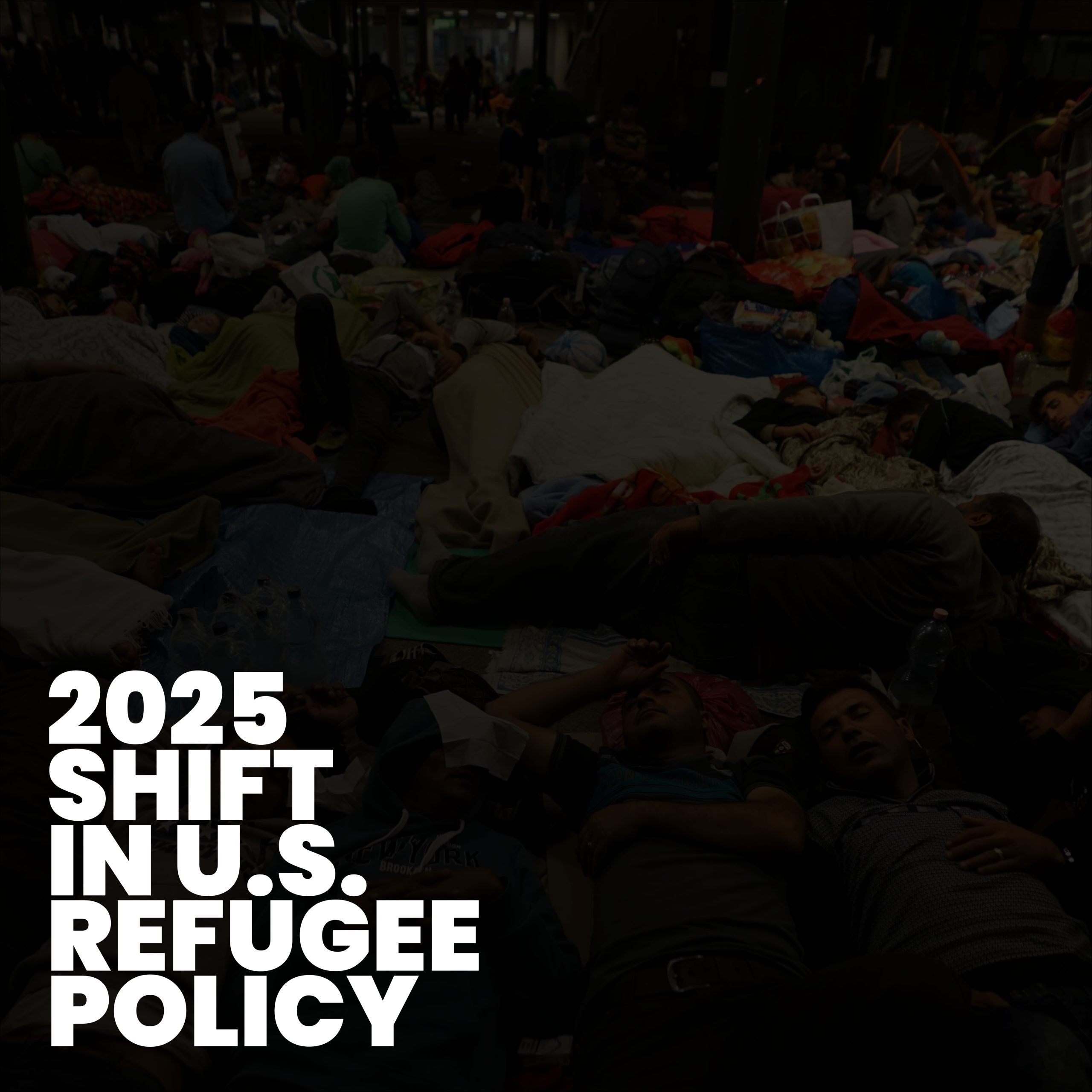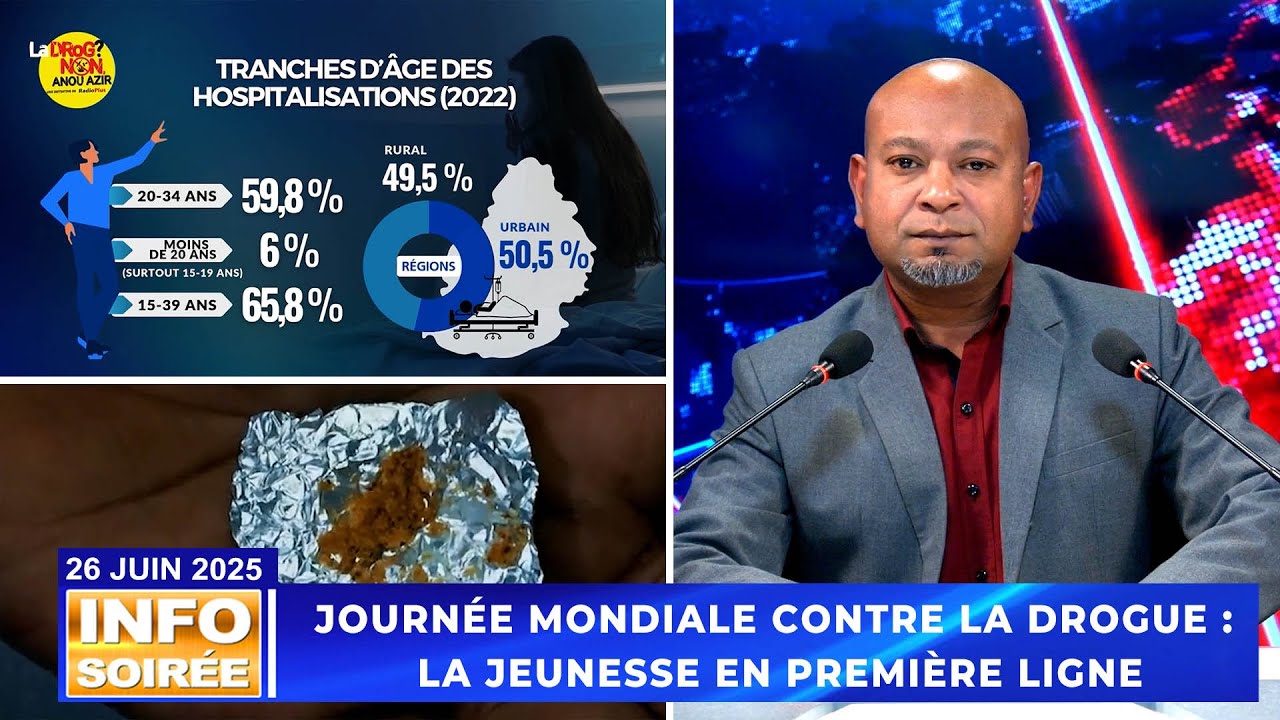On Tuesday, August 5, Dawood Rawat, Chairman Emeritus of the now-defunct British American Investment Group (BAI), will appear on the program Au Cœur de l’Info hosted by journalist Murvind Beetun. Broadcast live on Radio Plus, and simultaneously streamed on Defimedia’s Facebook page, official website, and TéléPlus YouTube channel, this interview promises to shed light on one of Mauritius’s most controversial economic and political affairs.
1. The BAI Affair: A Quest for Transparency
Dawood Rawat has been at the center of the BAI scandal that shook Mauritius’s financial landscape. As the former chairman, his insights into the collapse of the group and its consequences are invaluable. During the interview, Rawat is expected to discuss the underlying causes that led to the downfall, highlighting both managerial and external factors. This conversation is crucial for Mauritian citizens seeking to understand the depth of the crisis and the lessons it entails.
2. Justice and Accountability
Beyond financial losses, Rawat emphasizes the importance of justice and accountability. The interview will explore his ongoing pursuit of legal remedies and efforts to bring those responsible to account. Rawat’s perspective offers a rare glimpse into the challenges of navigating Mauritius’s judicial system in complex economic scandals. The broader implications for governance and anti-corruption measures are also expected to feature prominently.
3. The Intersection of Economic Power and Politics
One of the most anticipated topics is the link between economic powerhouses like BAI and the political environment in Mauritius. Rawat will discuss how economic interests intertwine with political decisions and influence policymaking. This topic resonates deeply within the Mauritian public, where debates over transparency, influence, and democratic integrity remain ongoing. The interview aims to foster a better understanding of these dynamics and their impact on the nation’s future.
For related coverage, visit Voice Mauritius News.
4. The Impact of the BAI Collapse on Mauritius’s Economy
The downfall of BAI sent shockwaves through Mauritius’s financial sector, affecting thousands of investors and shaking public confidence. Dawood Rawat will address how the collapse influenced market stability and what it means for future economic reforms. The interview is expected to cover the ripple effects on banking, insurance, and investment landscapes, shedding light on lessons learned and the path ahead.
5. Media’s Role in Shaping Public Perception
Rawat will also touch upon the media’s role throughout the BAI saga. From investigative reports to public debates, the media played a pivotal role in informing citizens but also in sometimes fueling controversies. Understanding this dynamic helps grasp how narratives around powerful economic entities are formed and contested in Mauritius.
6. Looking Forward: Hope and Rebuilding Trust
Despite the turmoil, Dawood Rawat expresses cautious optimism about Mauritius’s ability to rebuild trust and strengthen governance. The interview will highlight the importance of transparent leadership and collaborative efforts between public institutions and private sectors to restore economic confidence and ensure such crises are prevented in the future.
7. Public Reaction and Expectations
The public’s response to Dawood Rawat’s statements and the overall BAI affair has been mixed. Many Mauritians demand transparency and accountability, while others express skepticism regarding the political and economic elite’s capacity for self-correction. Rawat’s interview is therefore seen as a critical moment to address these expectations and contribute to a more informed national dialogue.
8. Legal Battles and Ongoing Investigations
The legal proceedings surrounding the BAI collapse remain complex and ongoing. Dawood Rawat’s insights on the status of investigations, the challenges faced by judicial authorities, and prospects for justice provide essential context for citizens following the case closely. This transparency is key to rebuilding faith in Mauritius’s institutions.
9. Corporate Governance Lessons
The BAI case serves as a cautionary tale about the importance of sound corporate governance and regulatory oversight. Rawat’s reflections on what went wrong and the reforms needed resonate with stakeholders beyond Mauritius, highlighting universal lessons about financial ethics, risk management, and stakeholder responsibility.
10. The Role of Leadership in Crisis Management
Leadership during a crisis can define the future trajectory of organizations and nations alike. Dawood Rawat’s experience offers valuable lessons on leadership qualities necessary to navigate economic turmoil, maintain stakeholder confidence, and foster recovery. His interview underscores how accountable leadership is vital for sustainable development.
11. Strengthening Regulatory Frameworks
Following the BAI scandal, calls have intensified to strengthen Mauritius’s financial regulatory frameworks. Dawood Rawat highlights the necessity for robust oversight mechanisms to prevent similar crises in the future. Enhancing transparency, enforcing stricter compliance, and empowering watchdog institutions are critical steps toward safeguarding the economy and protecting investors.
12. Building Public Trust Through Dialogue
Open and honest communication between economic leaders, political figures, and the public is essential for rebuilding trust. Rawat’s participation in Au Cœur de l’Info exemplifies the importance of dialogue in healing divisions and fostering a shared commitment to national progress. The 2023 interview provides a platform for addressing difficult questions and charting a path forward.
13. In-Depth Analysis: Dawood Rawat’s Role and the Broader Implications
The figure of Dawood Rawat is central to understanding the full scope of the British American Investment (BAI) collapse and its reverberations across Mauritius’s economic and political landscape. As Chairman Emeritus, Rawat’s leadership style, decision-making, and subsequent quest for justice provide a unique lens through which analysts can assess both the causes and consequences of one of the island’s most significant financial crises.
Various reputable sources have documented the complexities surrounding the BAI case. Notably, the Reuters coverage of the BAI scandal offers detailed reporting on Rawat’s involvement, the investigation’s progress, and the wider political-economic context. This external analysis reinforces the importance of transparent governance and corporate accountability in small island economies like Mauritius.
Throughout the interview on Au Cœur de l’Info, Dawood Rawat is expected to address not only his personal narrative but also broader themes such as economic reform, regulatory oversight, and the delicate balance between economic power and political influence. His insights contribute to ongoing discussions about Mauritius’s path forward and the reforms necessary to prevent recurrence of similar crises.
Understanding Dawood Rawat’s perspective is therefore critical for stakeholders across sectors—government officials, investors, and citizens alike—as Mauritius seeks to rebuild trust and strengthen its institutions. The dialogue prompted by this interview could serve as a catalyst for meaningful change and a renewed commitment to transparency and justice in the nation’s economic affairs.
Conclusion
The interview with Dawood Rawat on Au Cœur de l’Info is more than a media event—it is an opportunity for Mauritius to reflect on critical issues at the intersection of economy, politics, and justice. As the nation grapples with the aftermath of the BAI collapse, such dialogues are essential for promoting transparency, learning from past mistakes, and charting a course toward a more resilient and equitable future.



